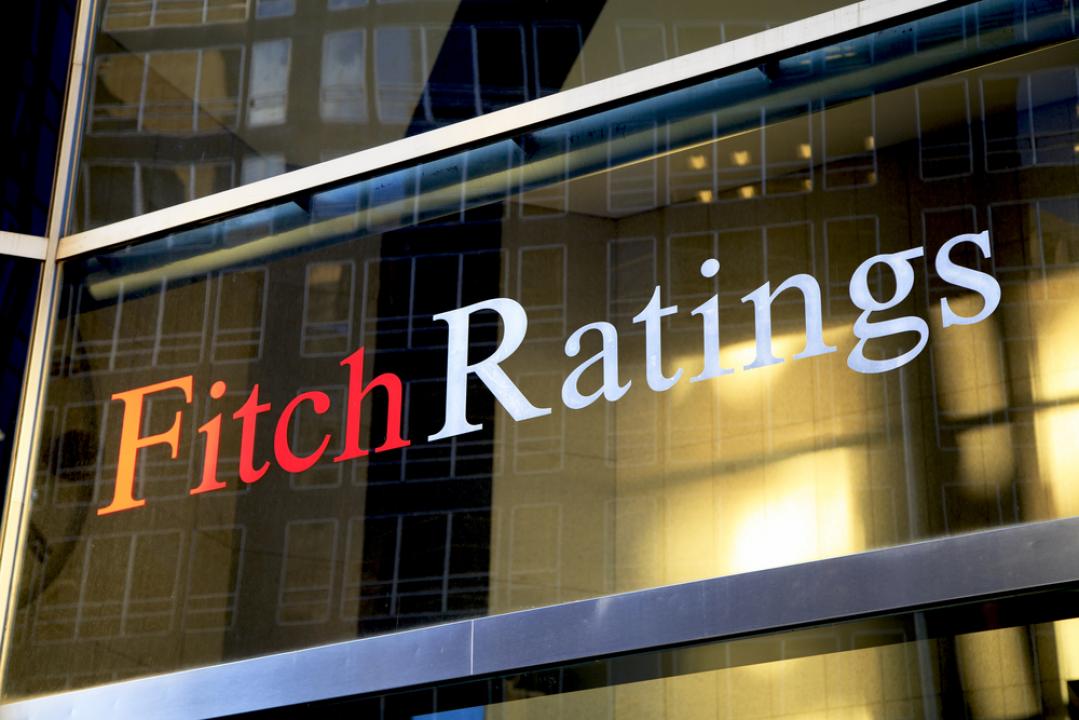The activities of PSFs and insurance companies are exclusive activities now, however, the essence of these institutions is almost the same, which is “attracting funds of individuals and legal entities in order to pay these funds to individuals after a certain time and within a certain period or for life is the essence of activities on pension provision and retirement insurance", according to the Central Bank report.
“Thus, despite the matching consumer characteristics of the financial services under consideration, PSFs are eligible to provide one type of pension services without the right to combine it with insurance activities, and insurers cannot carry out activities related to pension provision and insurance. Such regulation leads to low competitiveness of PSFs and insurance organizations in the financial market with a similar balance sheet risk, which may arise due to insufficient funds to fulfill insurance (pension) obligations (insolvency risk) and investment risk associated with inadequate assets evaluation and investment in illiquid assets,” the report says.
The Central Bank of the Russian Federation indicates that the admission procedure and licensing requirements for PSFs and insurers in general are adequate and subject to adjustment in the general concept only in terms of individual requirements (for example, in terms of revising the list of officials who are subject to requirements for business reputation and qualifications, exceptions the presence of a number of internal documents before the start of activity).
However, the decision on the possibility of combining in the activities of PSFs and insurers can be made after the second stage of reforming the licensing of financial market participants.
On the question of journalists whether the possibility of combining licenses of PSFs, insurers, and management companies is being considered, the first deputy chairman of the Central Bank of the Russian Federation Sergey Shvetsov answers that "this is a logical move."
“We have passed the stage of studying international experience, now a basic concept is being formed, which is proposed for discussion. These are very similar fiduciary activities, where assets are managed on behalf of third parties. At the stage of payments, this already becomes the balance sheet obligation of the pension fund, in contrast to the funded part. And the management company never assumes such obligations; it always manages the funds of third parties in the interests and also at the expense of third parties. Thus, its responsibility is fiduciary and balance. Therefore, these moments of alignment will be the subjects of our analysis from the perspective of risk profile,” he explained.
Source: http://www.asn-news.ru/news/75161#ixzz6hW19Do8t
Photos are from open sources.





